There is no one way to tackle the climate crisis. The problem is too big, too complex. Climate action needs to be as diverse as the ecosystems it aims to save. What we can do is a series drawing inspiration from the change-makers of our time. What are they doing to help our planet? What were their first steps? What gives them hope? Climate action is needed. Here’s what we can do.
Today, we talk to Jojo Mehta, co-founder and Executive Director of Stop Ecocide International, who is advocating to make harmful practices, like toxic pollution and deforestation, illegal worldwide.
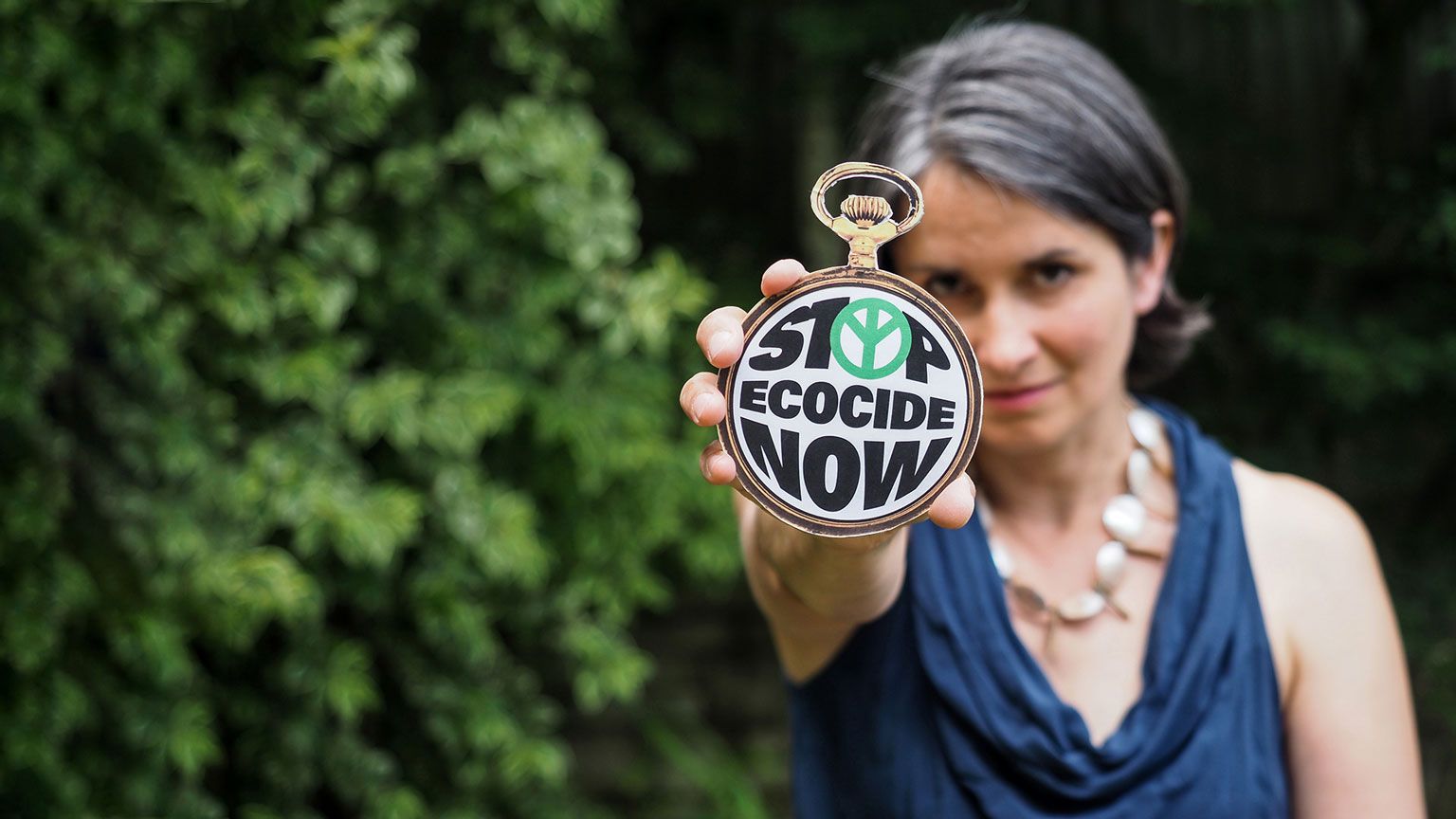
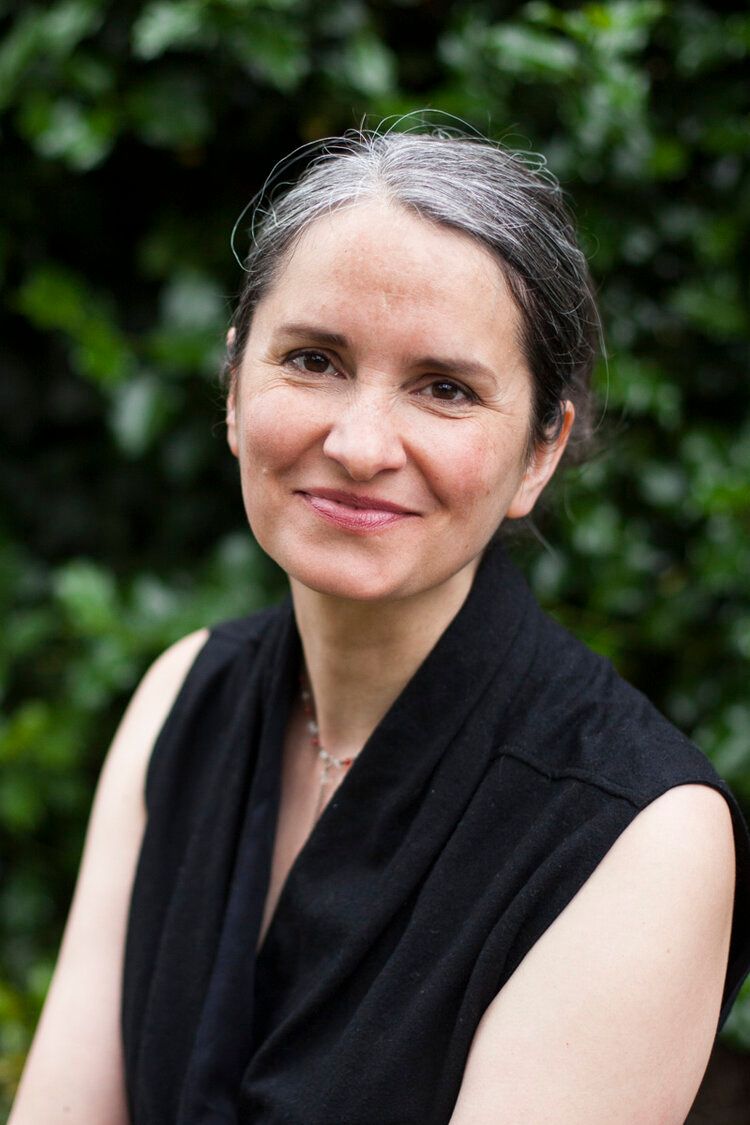
What does your climate action look like?
I run a global campaign called Stop Ecocide, which advocates for making ecocide an international crime recognised by the International Criminal Court (ICC). Ecocide means the killing of our home: “eco” from oikos, house in Greek, and “cide” from cidere, to kill in Latin.
Ecocide means the killing of our home: “eco” from oikos, house in Greek, and “cide” from cidere, to kill in Latin.
Making ecocide a crime would mean being able to hold states and businesses accountable for the mass damage being carried out to the natural world. It would also mean deterring further harm.
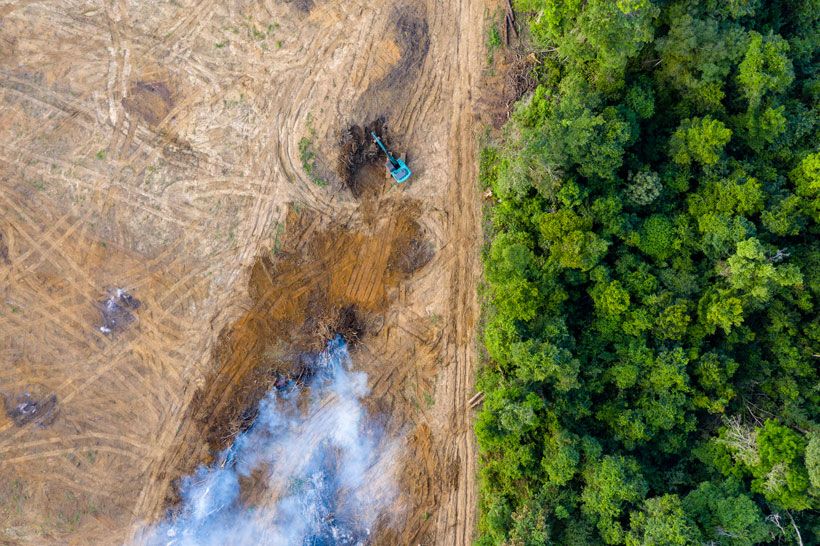
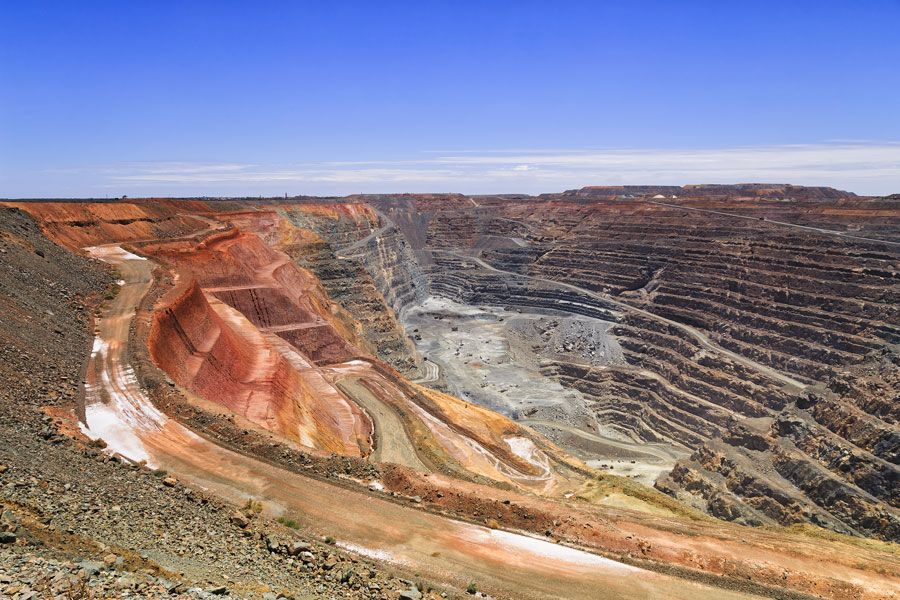
How did you get started taking climate action?
There was always a thread throughout my life of a deep appreciation of nature. This came from my parents, particularly from my mother, a poet and a songwriter, whose deep inspiration has always been the Earth.
For many years, I was an armchair activist, sending letters to MPs or signing petitions. Then I discovered fracking, which got me out of my armchair.
For many years, I was an armchair activist, sending letters to MPs or signing petitions. Then I discovered fracking, which got me out of my armchair. I found myself in a conversation with our local parliamentarian about this dangerously polluting industry and he dodged all my questions. That was a key moment for me; I remember coming out of that meeting thinking, “That is never happening again.”
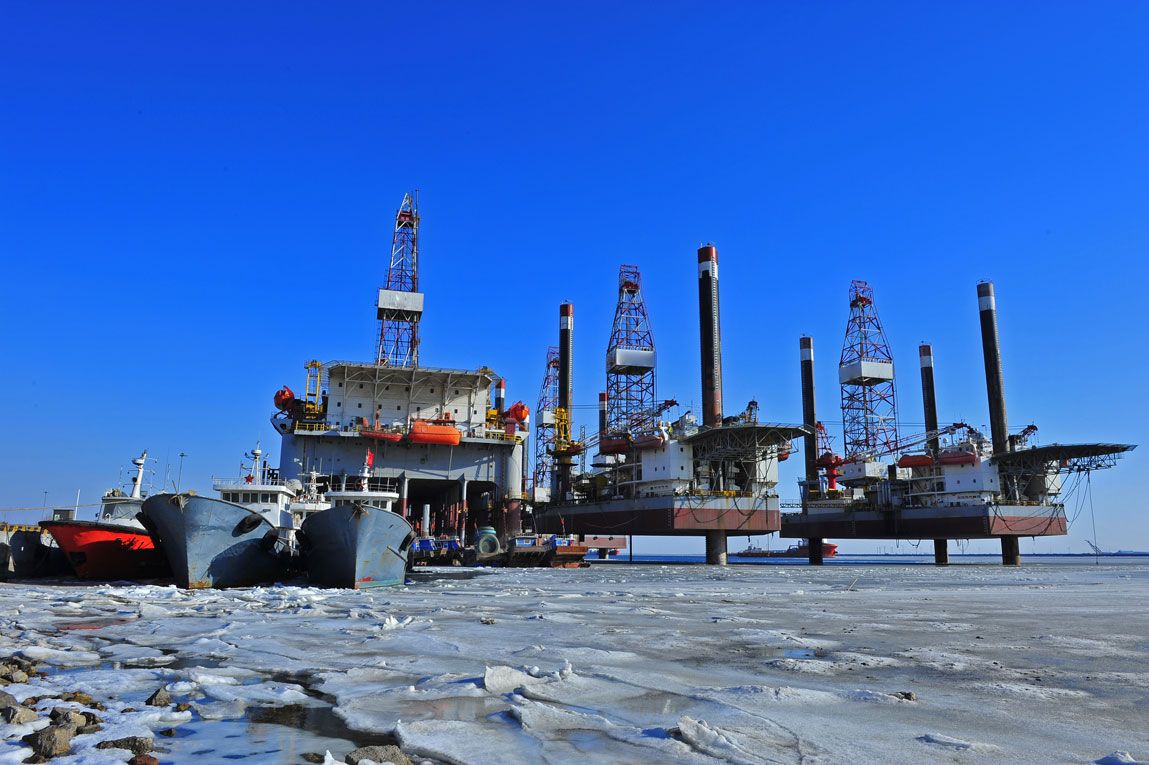
This moved me to get involved in the anti-fracking community, giving talks and
producing leaflets to educate and raise awareness. It was through that work that I met Polly Higgins, who as a barrister had already been working on promoting the concept of criminalizing ecocide. We then co-founded Stop Ecocide and continued to work together until she passed away in 2019.
How do you sustain yourself in your climate action?
Having a full time job and then doing advocacy work on top can be extremely challenging. Unfortunately, that is the reality for a lot of activists and people in this space. For the first four years that I worked with Polly neither of us were earning anything. I am very lucky that Stop Ecocide is now of a size and stature that I can receive a salary, which takes off a lot of stress.
There can also be a tendency for a lot of us to operate from our heads, but being in touch with how your body is responding to your workload is vital.
There can also be a tendency for a lot of us to operate from our heads, but being in touch with how your body is responding to your workload is vital. My body is getting better at telling me when everything is too much and I listen out for when to take a break. One daily practice that I do for at least a few minutes is to put my bare feet on the ground in my garden, which I am lucky to have.
What was a recent climate win of yours?
An extraordinary milestone for Stop Ecocide was the event we ran in December at the International Criminal Court as an official side event to the ICC assembly. It was co-hosted by three sovereign states — Vanuatu, Samoa, and Bangladesh — three of the most climate vulnerable states in the world. It was putting the conversation of ecocide firmly on the table in the ICC forum, which we've been aiming at for years.
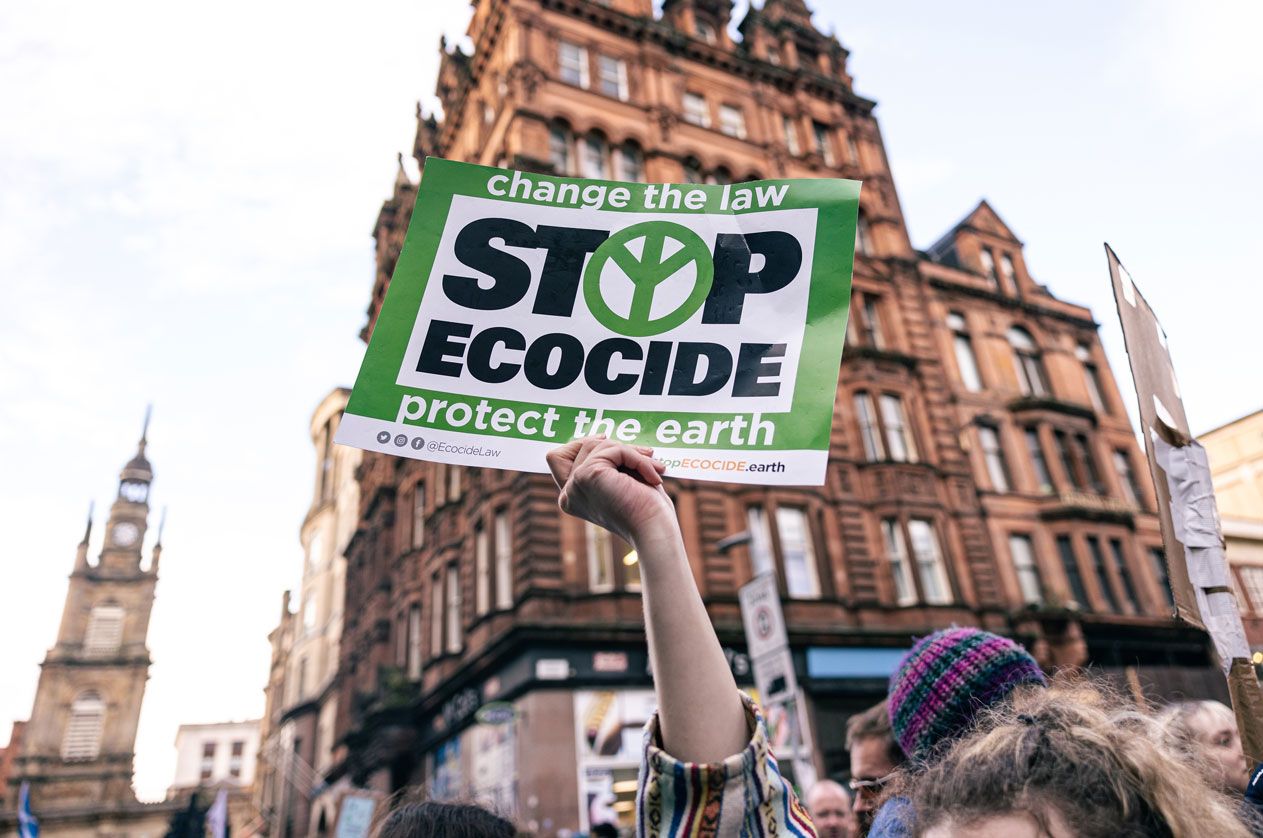
What is a climate solution that you came across recently that gives you hope?
I think we are starting to see the investment world recognize the seriousness of the climate crisis. The International Corporate Governance Network, which includes big financial players like UBS and Ernst and Young, sent a statement to the presidency of COP26 with recommendations for how governments can support economic action in the era of climate change. One of the recommendations was for governments to collaborate internationally to criminalize ecocide.
Corporate practices that destroy ecosystems can bring short term financial gain. But people want to invest in businesses that are going to be able to endure climate change. If politicians see that the financial world is taking ecocide seriously, then there's real hope for moving the campaign forward.
How can people reading this support your work?
The spread of information is the most powerful thing. The whole ecocide movement is a global conversation and the more people who know about it — and the more public it is — the faster it goes. The real power lies in conversation. Talk about ecocide!
Find what you can do at the stop ecocide website.
